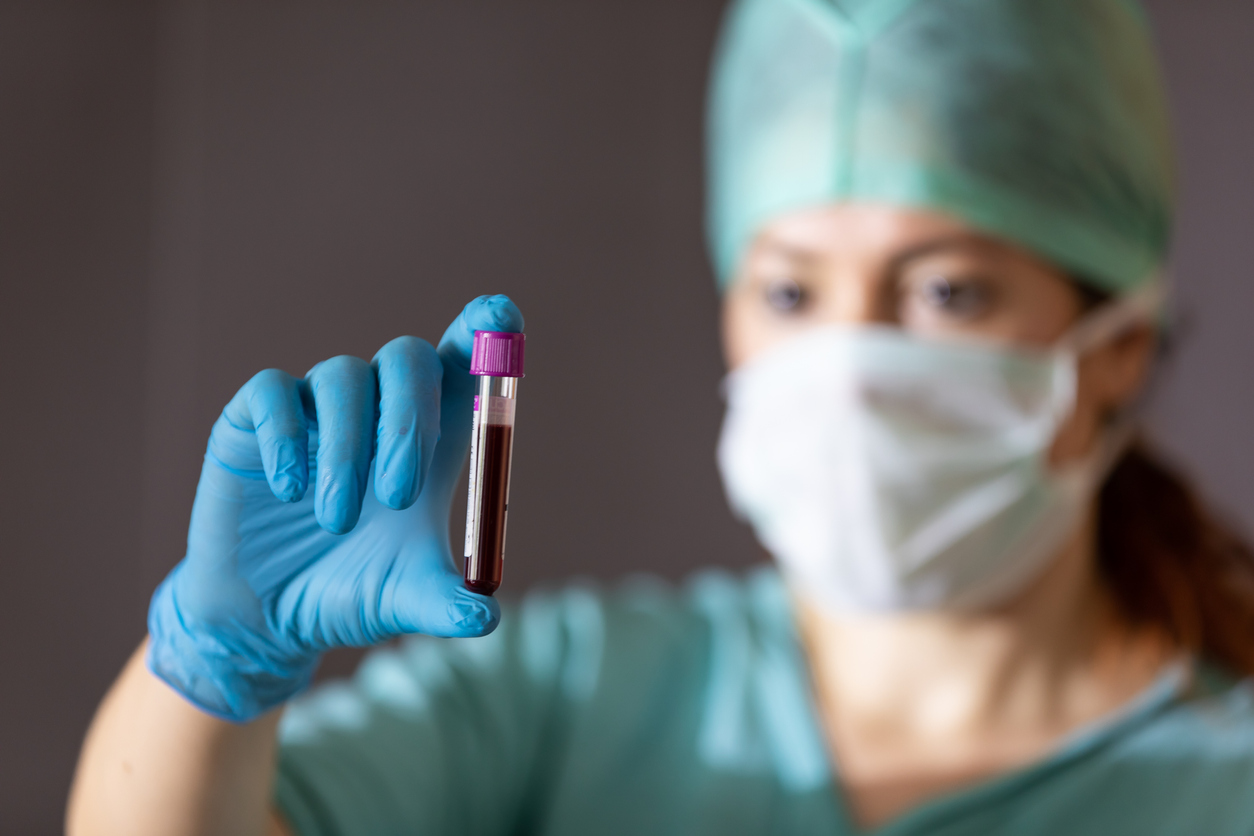The study, conducted by researchers out of the Chinese Center for Disease Control and Prevention and published in the medical journal Nature Medicine, tested 37 symptomatic and 37 asymptomatic patients. The findings revealed that in both sets of cases, 90 percent of patients saw a sharp drop in antibodies in 8 to 12 weeks after being infected. “Antibodies to other coronaviruses, including those that cause SARS and MERS, are thought to last about a year,” The New York Times reports. “Scientists had hoped that antibodies to the new virus might last at least as long.” But this recent study suggests otherwise.ae0fcc31ae342fd3a1346ebb1f342fcb Researchers were quick to point out that such news doesn’t necessarily mean that these patients can be infected again. “The neutralizing antibody is what matters, and that tells a very different story,” Florian Krammer, MD, a virologist who’s done research on COVID-19 and antibodies, told The Times. She referenced the different types of antibodies that remain present in the system, including memory B cells, which can, even in short supply, help you ramp up the future production of antibodies. “If they find the virus again, they remember and start to make antibodies very, very quickly,” Krammer said. RELATED: For more up-to-date information, sign up for our daily newsletter. Now, once again, the focus is turning to a COVID-19 vaccine. “These reports highlight the need to develop strong vaccines, because immunity that develops naturally during infection is suboptimal and short-lived in most people,” Akiko Iwasaki, MD, a viral immunologist at Yale University, told The Times. “We cannot rely on natural infection to achieve herd immunity.” And for more information on what can help your body fight off COVID-19, check out This One Common Ailment Could Boost Your Coronavirus Immunity.
